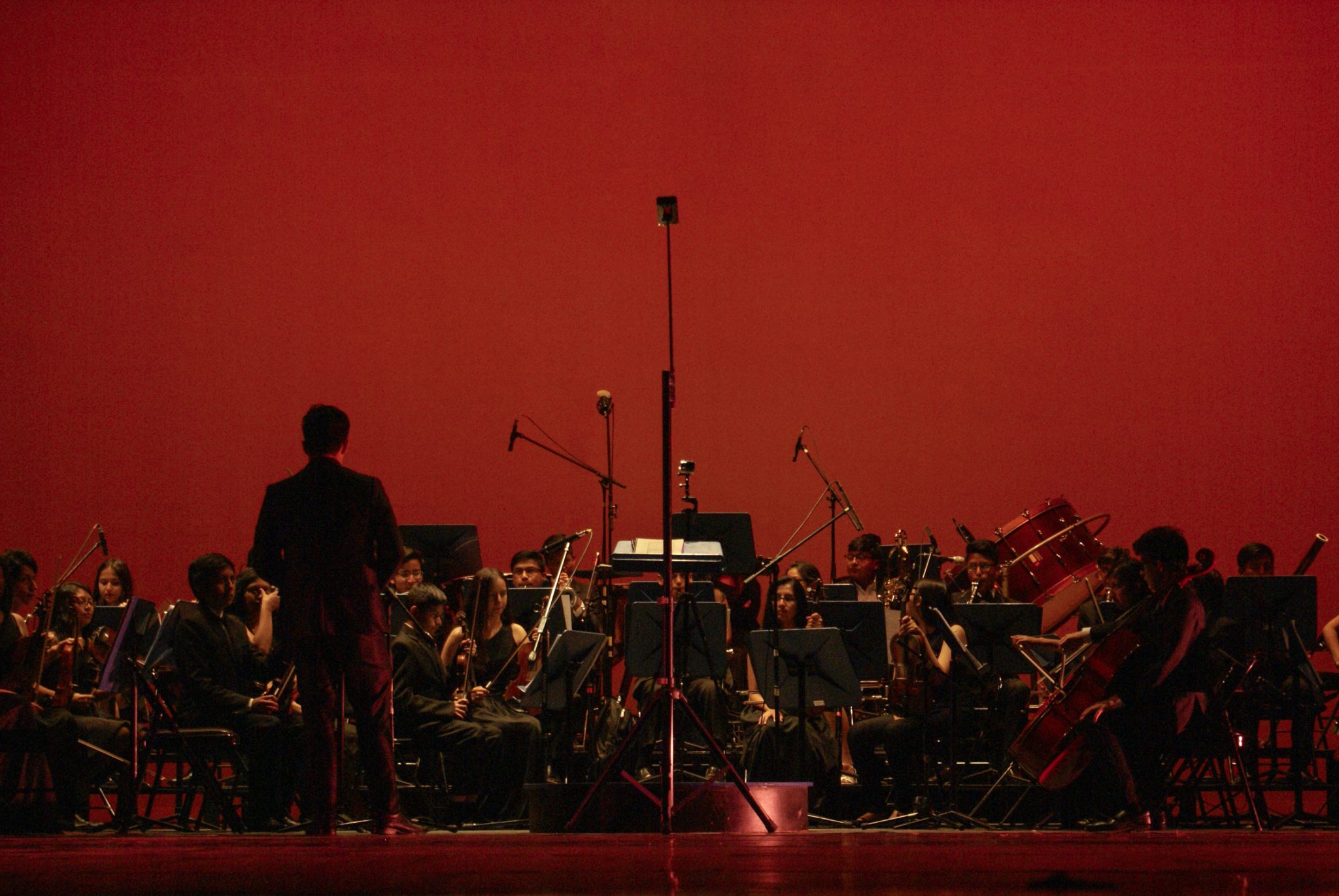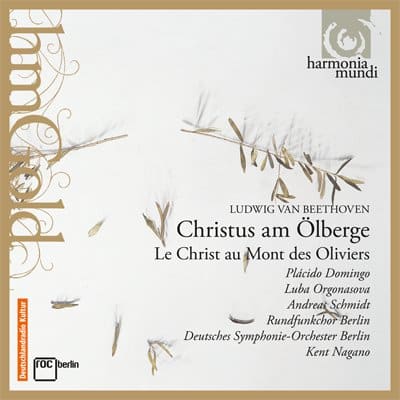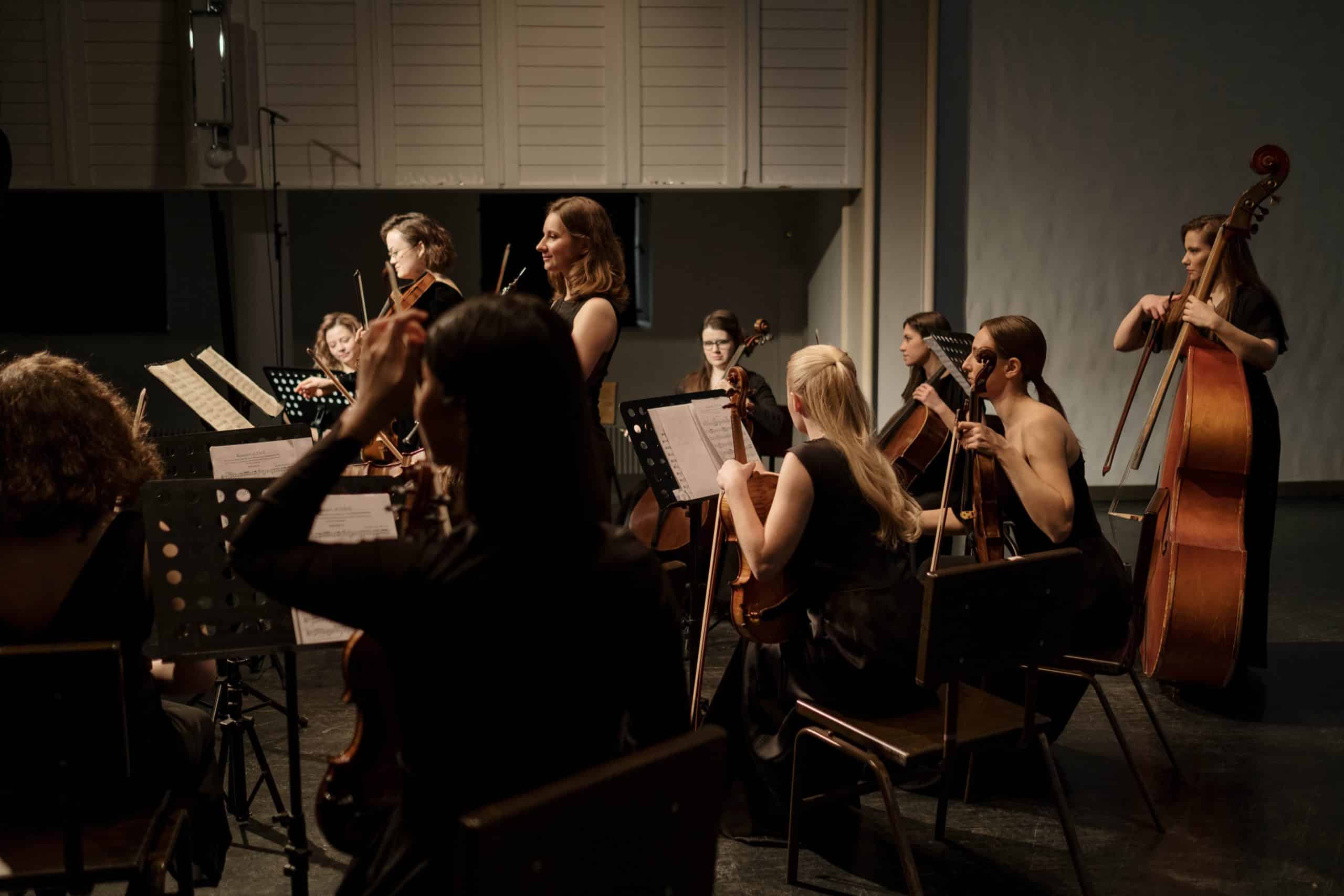
Back to catalogue search
LUDWIG VAN BEETHOVEN
Christ on the Mount of Olives
Domingo, Orgonasova, DSO Berlin, Kent Nagano
0h47
Digital
HMG501802
In his only oratorio, Christ on the Mount of Olives, Beethoven depicts the sufferings of the Son of God as an emanation of humanity. In his fear of death and his doubt, Jesus is fully the Son of Man. This conflicts with the finale of the Ninth Symphony, where Beethoven clearly contrasts the divine, the ‘joy’ of Schiller’s ode, with the reality of the world as we experience it.
This recording launches a new collaboration between Kent Nagano and harmonia mundi.
This title was released for the first time in 2003.
Read more
Read less
Artists
- Luba OrgonasovaSoprano
- Placido DomingoTenor
- Andreas SchmidtBass
- Deutsches Symphonie-Orchester Berlin DSO
- Kent NaganoConductor


